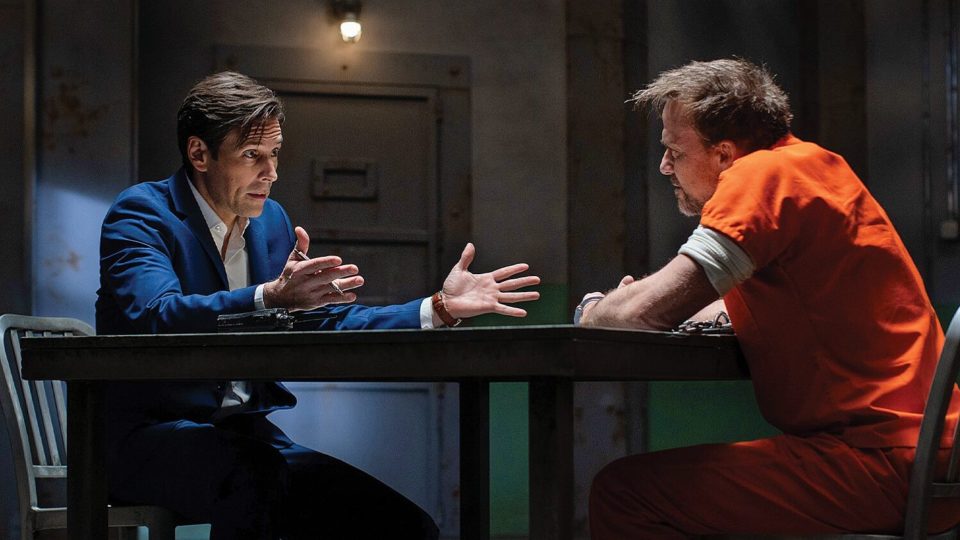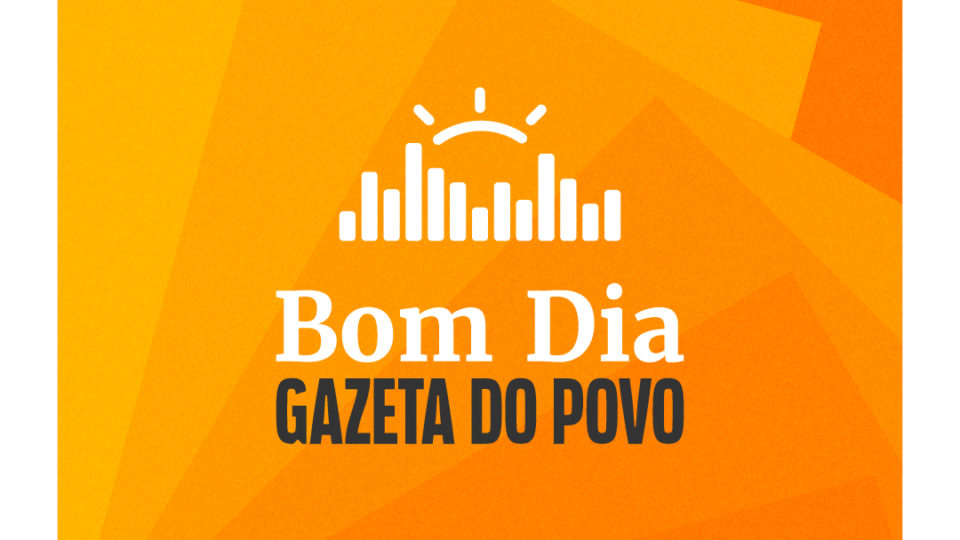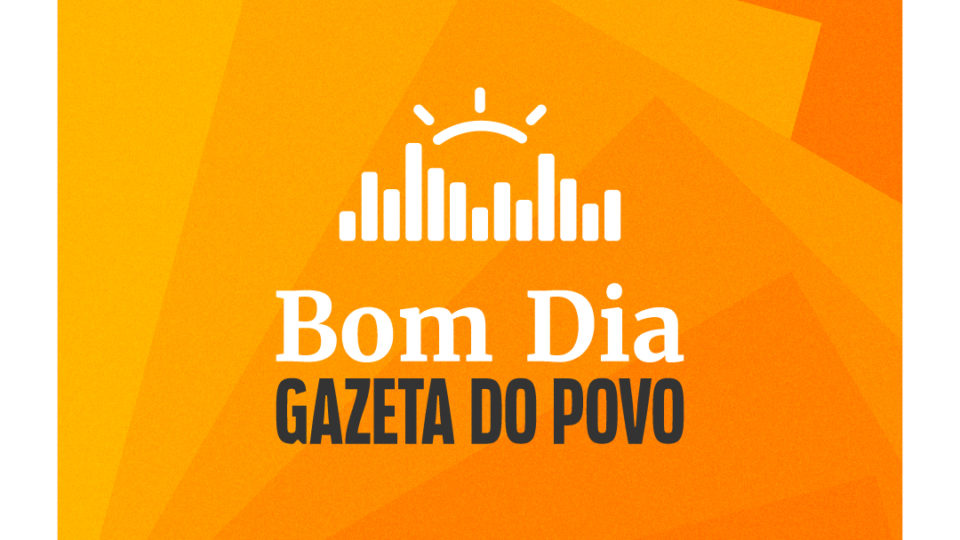
What is most effective when it comes to creating values or spreading behaviors among a particular population: a bill passed at the National Congress or a soap opera? The answer to this question helps us understand who is responsible for building the common good, the purpose of every society.
In any community, the main protagonists are its members, individually or forming groups to act for certain causes. Among other reasons, and perhaps not the main one, because, if the common good is the set of conditions that help people develop fully what they want, the more initiatives they themselves have, the more likely they are to develop. The flowering of the talents in which much of personal development consists of is the direct consequence of its use in countless circumstances, in a multitude of projects carried forward with autonomy. In this sense, those actions or initiatives carried out precisely by the individuals or groups of individuals, and not by the State, have immense repercussions for the common good.
“In any community, the main protagonists are its members, individually or forming groups”
Moreover, in fact, the multiplicity and capillarity of this action is decisive in building a rich and inspiring environment where everyone can thrive. Entrepreneurs, artists, intellectuals, communicators, activists, scientists, community leaders, teachers, innovators - there are many and varied actors responsible for building the material and social capital that constitutes the common good. They act alone or in association; and on this line, for example, it is extremely positive to see that an important characteristic of our time and directly linked to the construction of the common good is the emergence of a solid third sector and the development of the concept of "social responsibility" in companies.
Public power also plays an important role in the construction of the common good, especially when it guarantees adequate conditions for the actors mentioned ahead of putting their capacities into practice. Some of the conditions that allow the search for the common good depend on state action, such as ensuring that the rule of law and justice prevails. It is a subsidiary role, but it should not be neglected. Public leaders have a relevant role: a few exceptional and virtuous people, placed in key positions, can do much for the common good and serve as an example to others; on the other hand, when power is in the hands of the unscrupulous, society as a whole has suffered, as Luís de Camões warned, that in the Lusíadas, by placing the history of the Portuguese empire in the hands of Vasco da Gama, he warned that " A weak king makes weak the strong people."
But who has more influence on the destiny of a nation? That was the question at the beginning of this text, in part already answered. But we reaffirm again: although it may surprise some, the truth is that, for example, a single artistic work can be more decisive for the development of a society than any governmental decisions. Let us think about the role that the Iliad and the Odyssey, for example, played in the shaping of Greek society. In the same way, a private educational initiative can revolutionize an entire era, a whole society. The same can be said about an exemplary and heroic life. The set of ideas, virtues and knowledge that lives in a community forms a cultural broth with transformative potential much more influential than the state performance.
“A single artistic work can be more decisive for the development of a society than any governmental decisions”
And if, as we have seen, theater, literature, a school class are instruments for the realization of the common good, communication vehicles, as well as every citizen acting in networks and social media, play a very important role in modern society. The evolution of information technology that began with the popularization of radio, allowed journalism, entertainment and even "private conversations" to reach far more people than decades ago. Space, literacy and even temporal barriers have been overcome, since consultation of what has already been published or transmitted in the past has become almost instantaneous. And in this process of building a cultural broth that transforms society, it is undeniable that entertainment continues to have gigantic power. A well-constructed plot that creates empathy or makes society look at a particular situation with more severe or condescending eyes has been a powerful tool in spreading values, especially in this era of sharing.
This brings us to the concept that the French crystallized in the expression noblesse oblige (literally, "nobility obliges"). It is an idea that has been present since the Greek epics, going through the evangelical parable of the talents and reaching popular culture, in the form of the teaching that Uncle Ben gives to Peter Parker, the Spiderman: “With great power comes great responsibility” - but not only power: knowledge, wealth, prestige, virtues are also linked to this concept. Those who are most likely to contribute to the common good have a moral obligation (but not necessarily legal, it must be stressed) to do so in the most responsible way, as those who can offer the greatest benefits can also cause the greatest damage.
The task of creating a healthy moral environment involves the strengthening of the family, the awareness of the importance of leading by example, the diffusion of models of reference in which all can be mirrored, and finally, by the appreciation of virtue so that all, in realizing their potential, can build the common good - objectives that, in the spirit of respect for autonomy and stimulating the pursuit of excellence, are mainly for individuals, isolated or associated, counting on the help of the State when necessary.
-

Órgão do TSE criado para monitorar redes sociais deu suporte a decisões para derrubar perfis
-

Relatório americano divulga censura e escancara caso do Brasil ao mundo
-

Mais de 400 atingidos: entenda a dimensão do relatório com as decisões sigilosas de Moraes
-

Lula afaga o MST e agro reage no Congresso; ouça o podcast







Deixe sua opinião